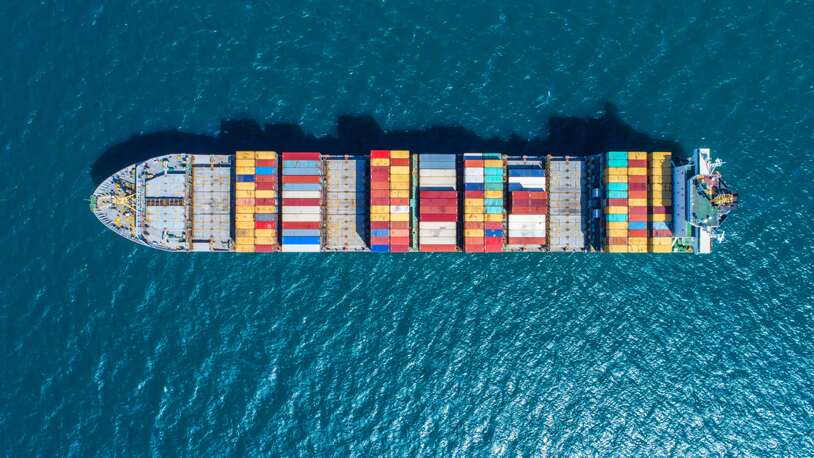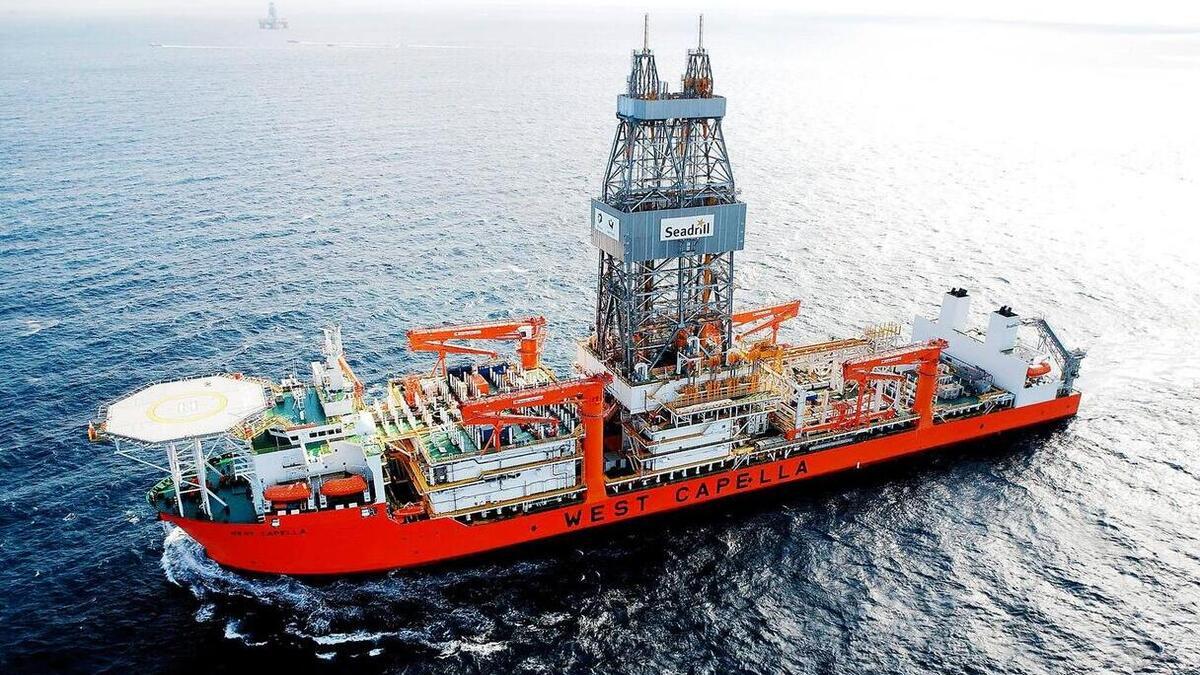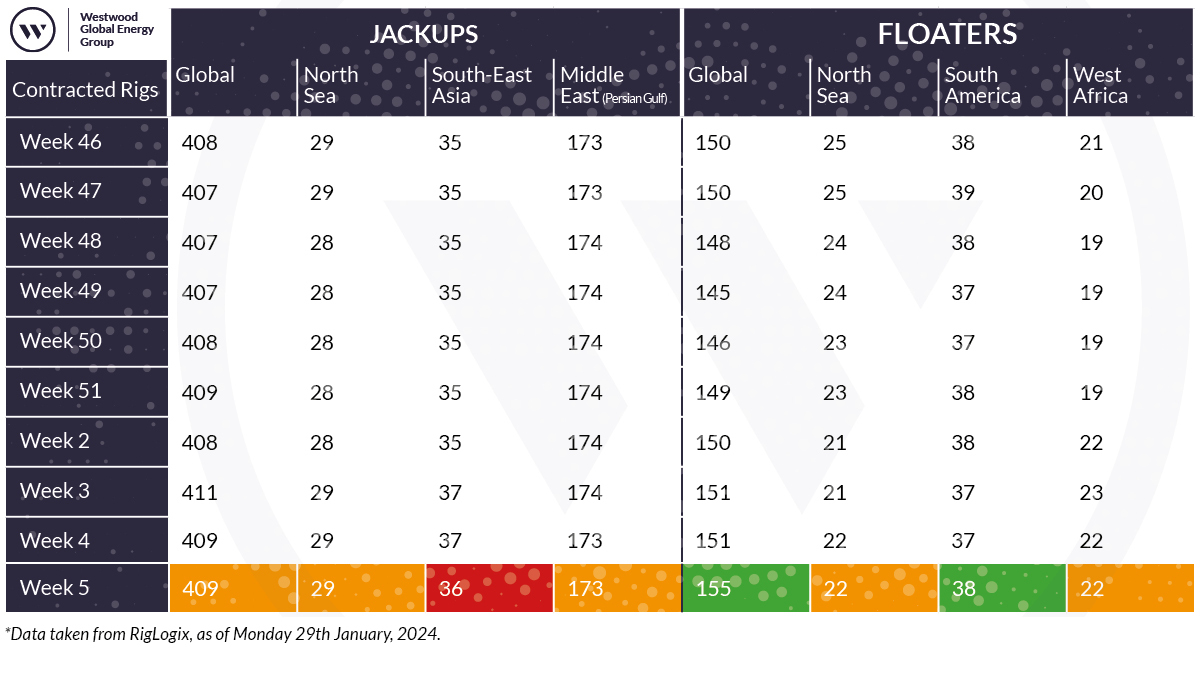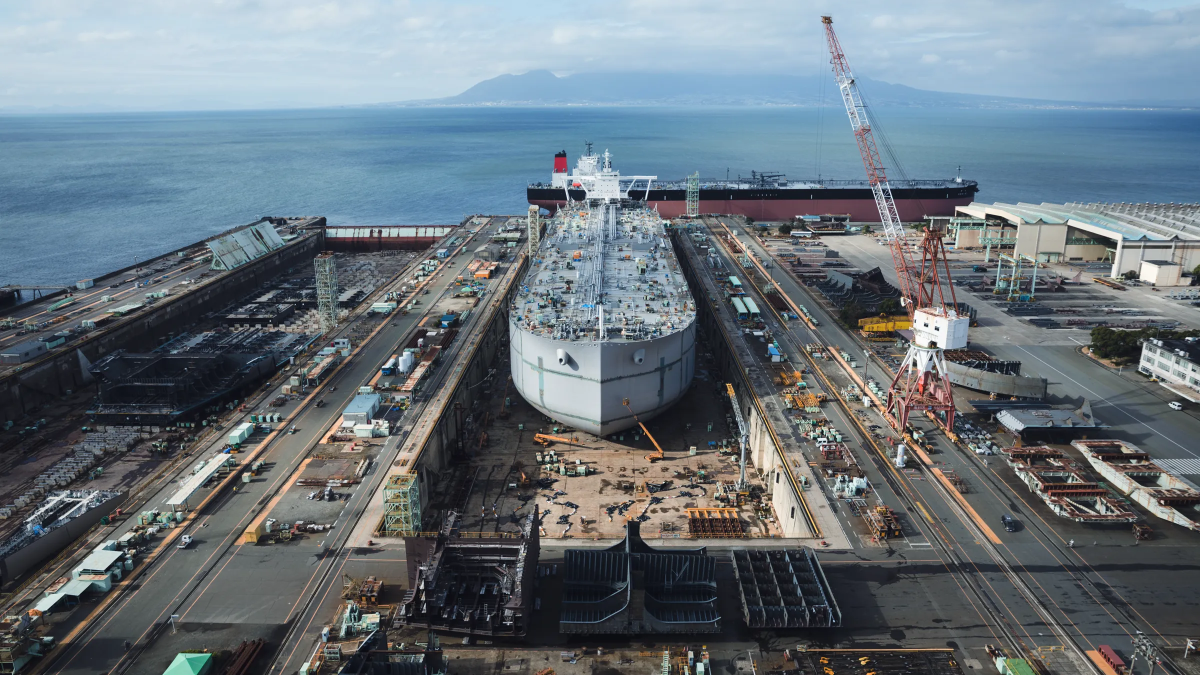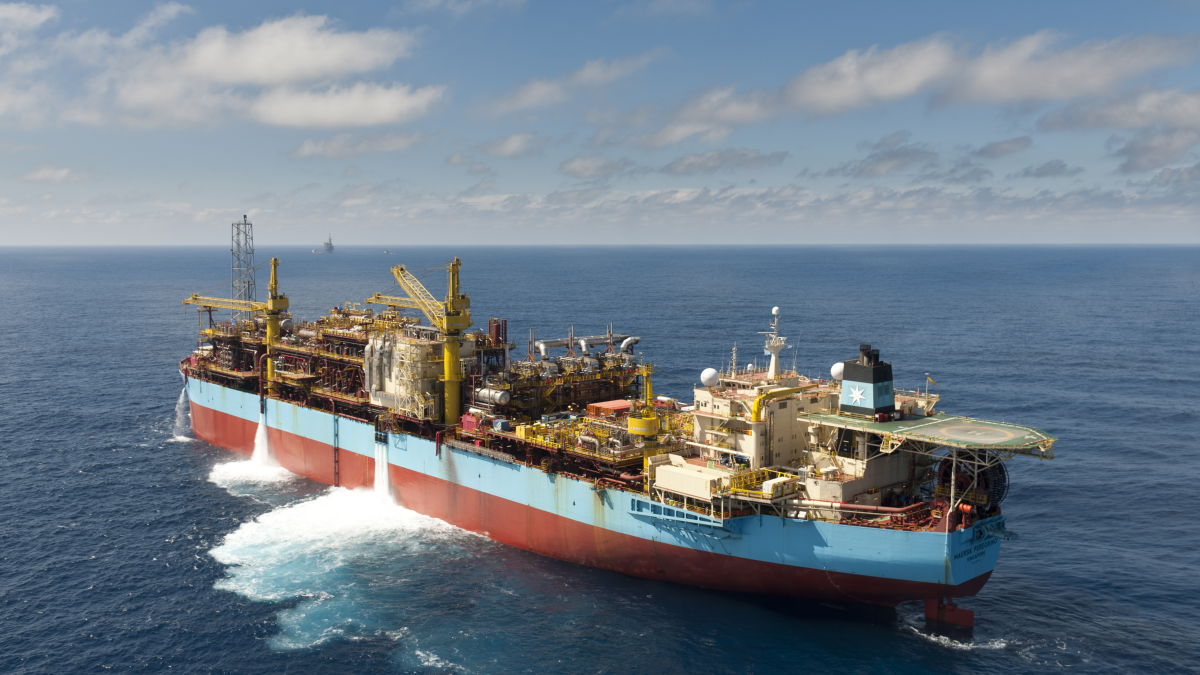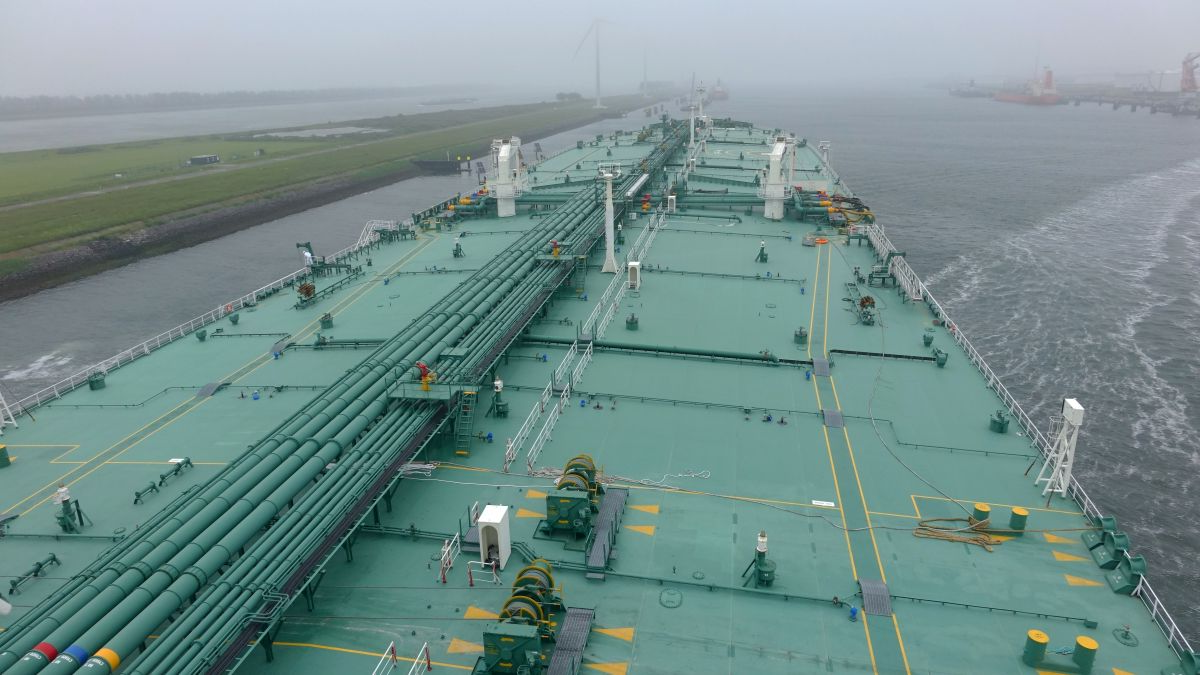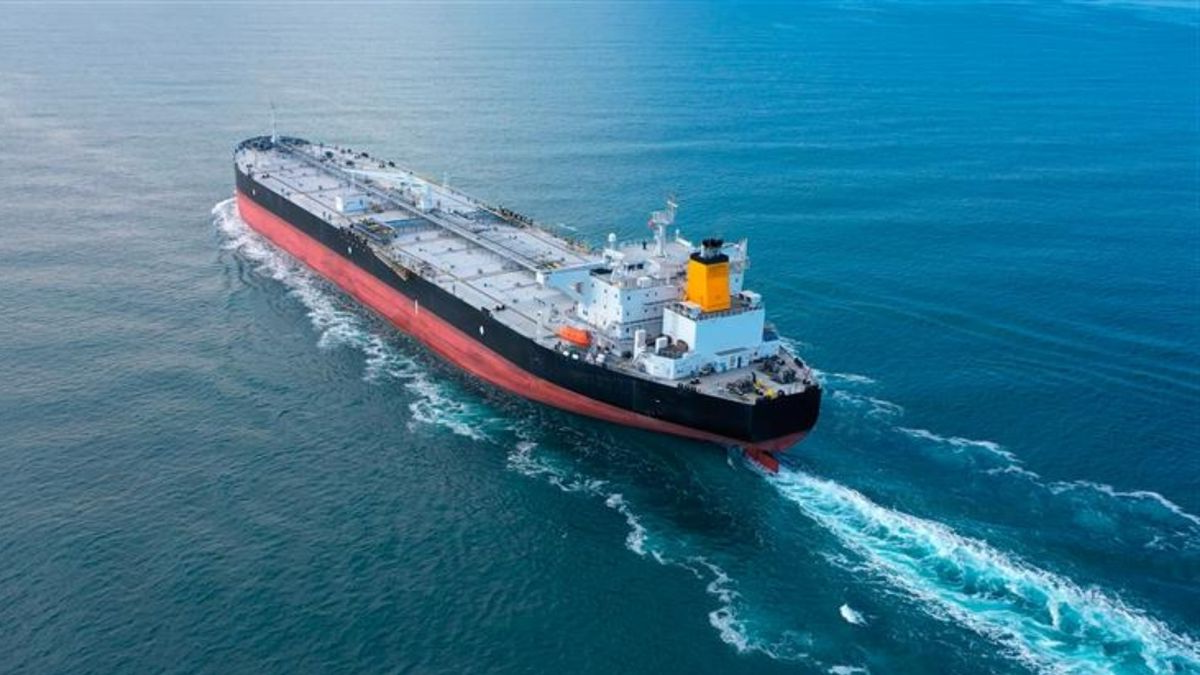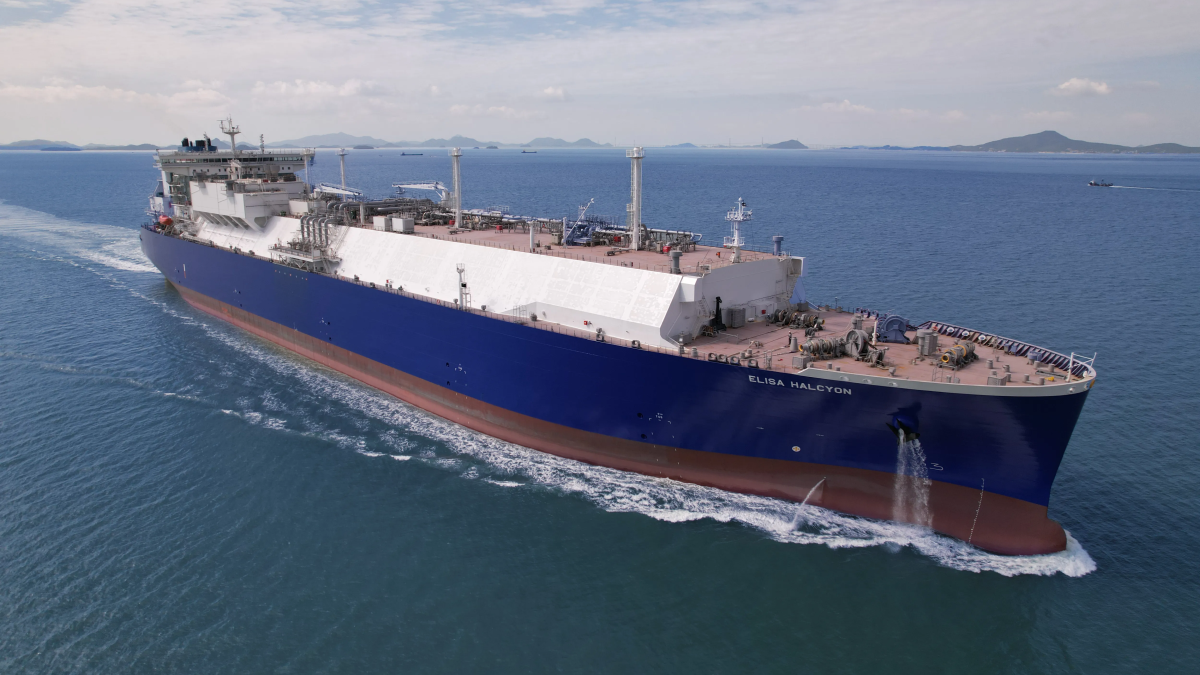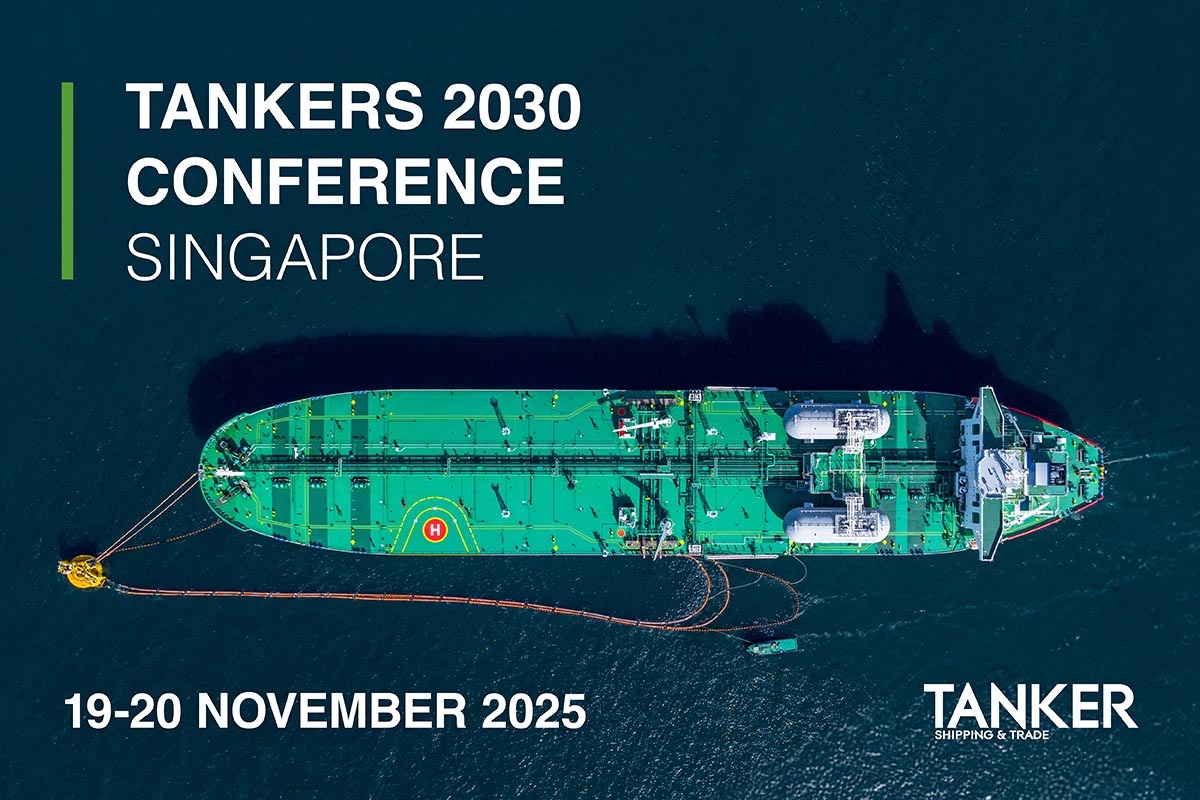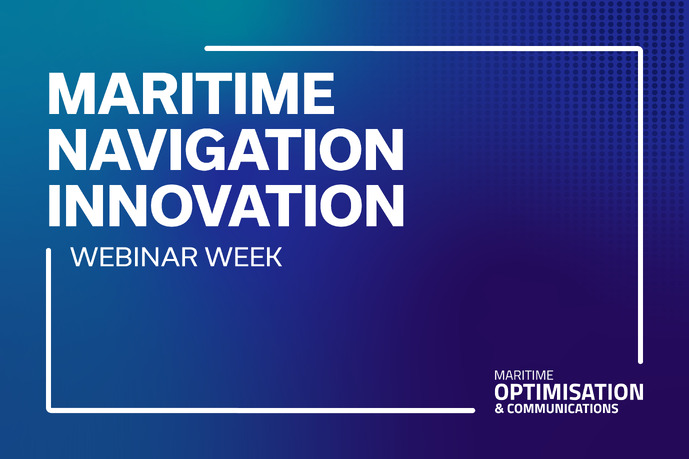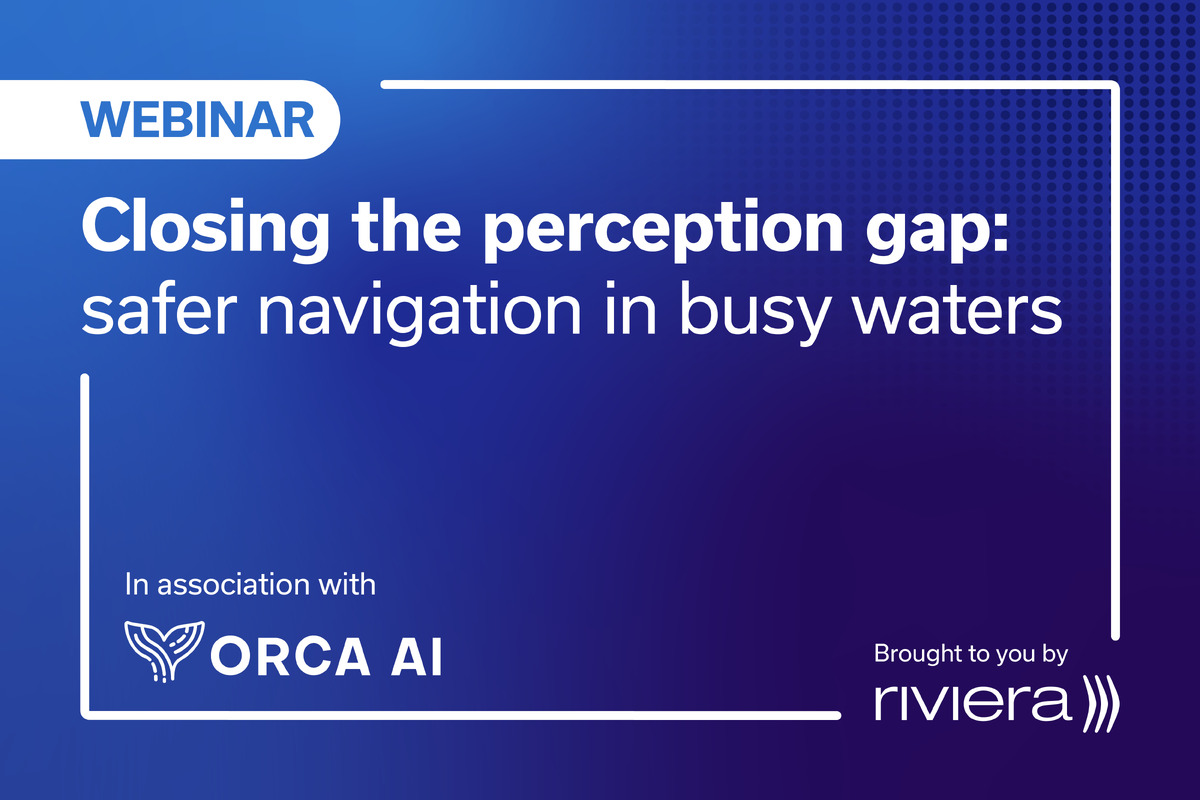Business Sectors
Contents
Register to read more articles.
Rigs report: Aramco’s suspended expansion hits offshore stocks; autonomous drilling hits new record offshore Brazil
Saudi Aramco has startled markets by pausing its high-profile oil expansion programme and targeting a maximum sustained production capacity of 12M barrels per day (b/d), and autonomous drilling has reached an ’exciting milestone’ offshore Brazil
The announced lowered crude capacity target is about 1M b/d below a target announced in 2020 and has caused a ripple in the markets, hitting companies with exposure to Aramco.
Some big-name oilfield service providers took a hit, with a handful of companies posting losses of between 4-10% on share value, and offshore drilling contractors saw similar market losses. Norway’s Borr and Shelf Drilling saw their stock prices plummet by 9% and 10%, respectively.
Contractors losing investor money all have significant exposure to Aramco. Shelf Drilling has nine rigs, and Valaris has eight contracted to Saudi Aramco, while Borr Drilling has three with the company.
Shelf Drilling-owned jack-up Main Pass IV only resumed operations with Aramco in the last week and is contracted until March 2025.
Other firms including ADES, Arabian Drilling, China Merchants and China National Offshore Corp all have interests in Aramco’s offshore plans, too.
Autonomous drilling
Offshore Brazil, Schlumberger (SLB) and Equinor reported drilling what they called “the most-autonomous well section to-date” at the Peregrino C platform, marking a significant step forward to fully autonomous drilling operations.
SLB digital technologies for surface automation, autonomous on-bottom drilling and directional drilling were combined to enable 99% of a 2.6-km section to be drilled in autonomous control mode. The company reported a 60% increase in penetration over a five-well programme, resulting in faster well delivery.
On the rig floor, manual pipe handling and equipment sequencing tasks were automated with the company’s Drill Pilot software. On-bottom drilling performance used Drill Ops, an automation software.
Contracts
Seadrill announced multiple contract awards totalling almost US$98M for its drillships.
Talos Production Inc awarded West Vela a contract with an estimated duration of 150 days in the US Gulf of Mexico. The contract is expected to commence in Q3 2024 and represents a total contract value of approximately US$74M, excluding managed pressure drilling services.
West Capella’s operator exercised a one-well option with the existing third-party manager, extending its operations by approximately two months in direct continuation of the rig’s current programme, valued at US$24M.
Seadrill added it has been advised by the current manager of West Auriga that the rig will be released in February 2024 due to changes in their client’s drilling sequence. Seadrill will resume management of the rig in Q1 2024 and accelerate preparation for its previously announced contract in Brazil beginning in the second half of the year.
In Turkmenistan, Dragon Oil and and Bluewhale Offshore have signed a three-year contract extension to keep Caspian Driller working for Dragon Oil offshore Turkmenistan. The extension is effective immediately following the conclusion of the rig’s current contract in Q1 2024.
Borr Drilling’s jack-up Gunnold completed work with SapuraOMV after drilling six development wells at the Jerun field offshore Sarawak, Malaysia. Gunnlod is expected to remain in Malaysia for an upcoming contract with an undisclosed operator which begins in February and runs until May 2024.
And Santos’ Barossa development has resumed operations. After more than a year on standby in Darwin, Australia, Valaris’ semi-sub Valaris MS-1 has resumed drilling.
The project has faced significant hurdles including a legal challenge that saw Santos’ environmental plan suspended in September 2022. Last month, Australian regulator National Offshore Petroleum Safety and Environmental Management Authority (NOPSEMA) accepted a new Environment Plan, clearing the path for drilling approval.
The Federal Court of Australia has ruled in favour of Santos in a case pertaining to pipelay activities. The Court has dimissed the application and discharged the injunction that prevented pipelay activities south of the kilometre 86 point along the Barossa Gas Export Pipeline.
Valaris MS-1 arrived at the Barossa field in mid-January from its standby location southeast of Cape Fourcroy, Bathurst Island, in the Beagle Gulf.
Santos confirmed that drilling has recommenced 13 January 2024. Santos managing director and chief executive Kevin Gallagher said pipelaying and drilling activities are “now fully under way.” Despite the delay, the company still expects first gas from Barossa in 2025.
Riviera Maritime Media’s Offshore Support Journal Conference, Awards and Exhibition 2024 will be held in London, 7-8 February 2024, click here to purchase tickets and attend this industry-leading event
Related to this Story
Events
International Bulk Shipping Conference 2025
Tankers 2030 Conference
Maritime Navigation Innovation Webinar Week
© 2024 Riviera Maritime Media Ltd.

